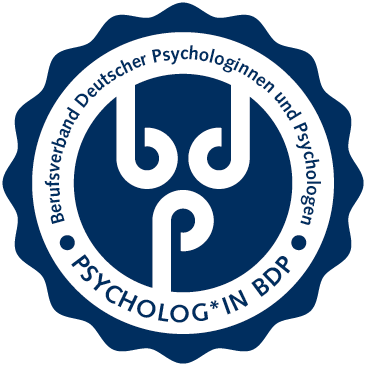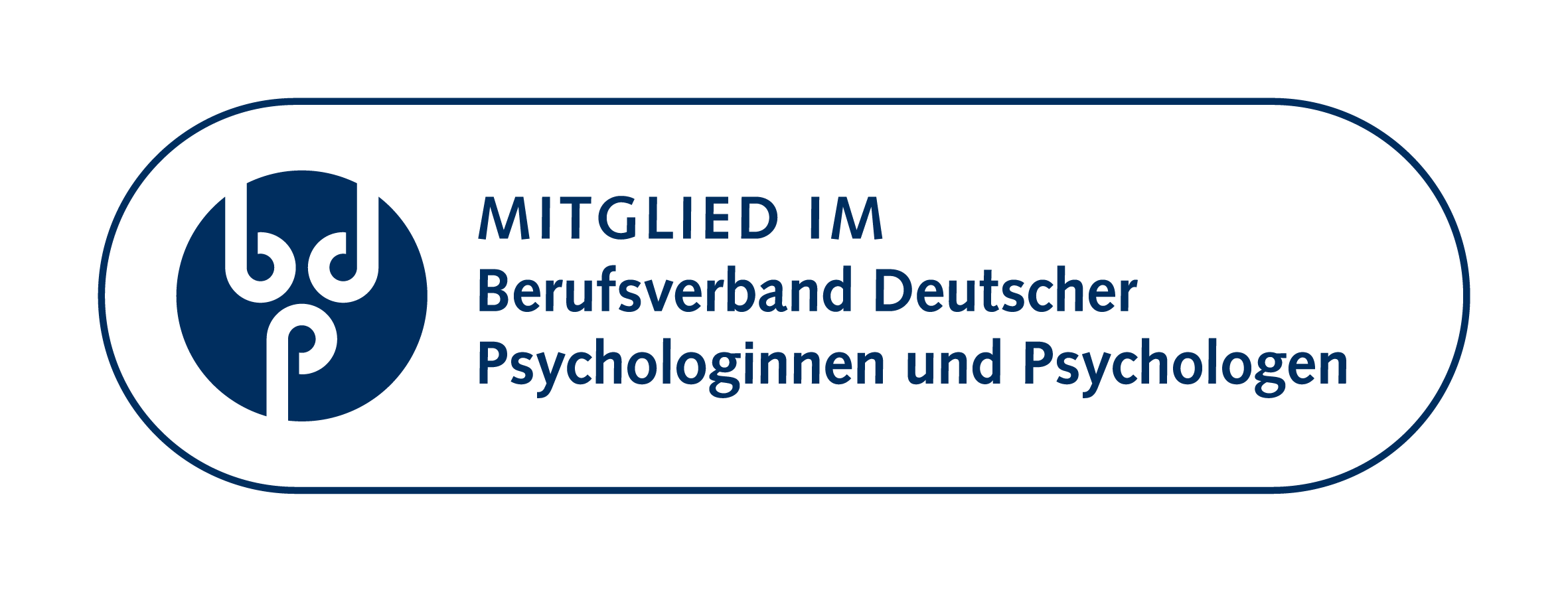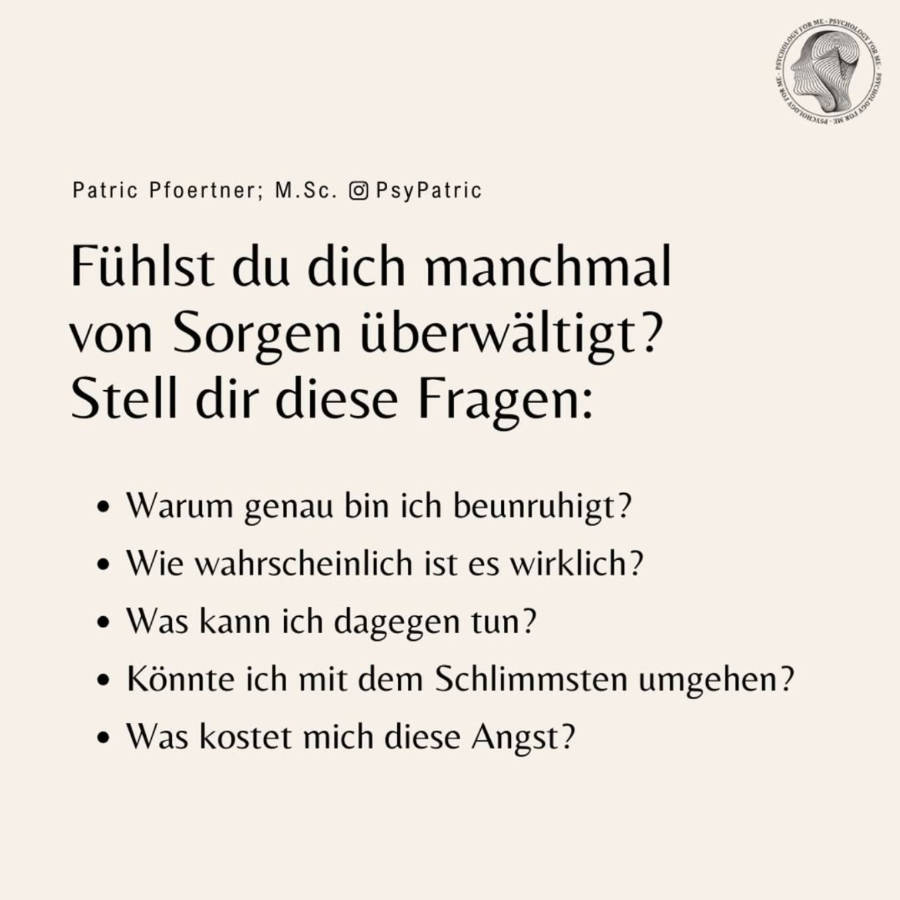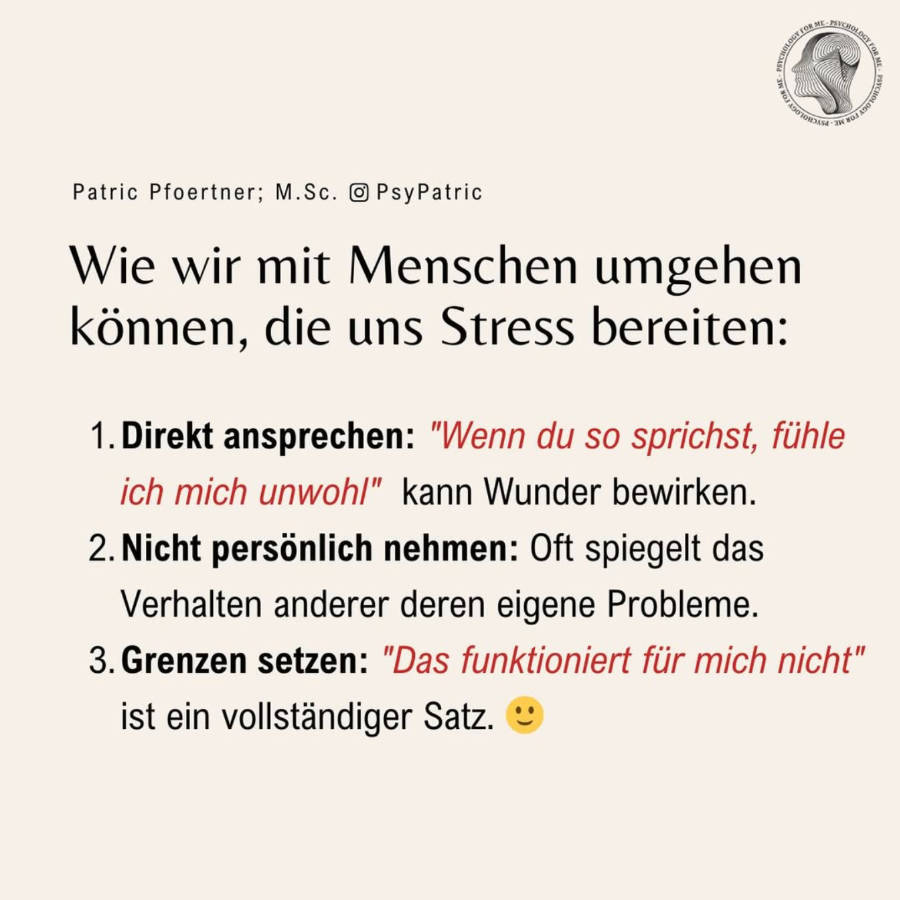Understanding Burnout: Take the First Step Towards Well-being
In our fast-paced world, feelings of exhaustion and being overwhelmed have become increasingly common. It's easy to dismiss persistent fatigue as just 'part of life' or a sign of being busy. However, these feelings, especially when coupled with a diminished sense of accomplishment or cynicism, might indicate something more profound: burnout. As a psychologist, I understand how challenging it can be to recognize burnout, let alone address it. It often creeps up slowly, making it hard to pinpoint when chronic stress crosses the line into a deeper state of exhaustion.
Our Burnout Risk Assessment is designed as a compassionate, confidential first step to help you reflect on your current state. It's not a diagnostic tool, but rather a mirror, reflecting patterns that might be contributing to your stress load. By engaging with these questions, you're giving yourself permission to pause and consider your well-being, which is a powerful act of self-care.
Many individuals grappling with persistent stress or feelings of overwhelm often have several questions swirling in their minds. Let's address some of these common inquiries:
What exactly is burnout?
Burnout is more than just feeling tired; it's a state of emotional, physical, and mental exhaustion caused by prolonged or excessive stress. It's characterized by three main dimensions: feelings of energy depletion or exhaustion; increased mental distance from one’s job, or feelings of negativism or cynicism related to one's job; and reduced professional efficacy. While often associated with work, it can also manifest in other demanding life roles, such as caregiving or intense study.
Am I really experiencing burnout, or just stress?
It's a crucial distinction. While stress is often characterized by over-engagement and an urgency of emotions, burnout is marked by disengagement, hopelessness, and emotional exhaustion. Stress might make you feel like you're drowning in responsibilities, whereas burnout makes you feel empty and unmotivated, struggling to care. Our assessment helps you identify specific behaviors and feelings that align more closely with burnout symptoms, such as difficulty saying no, constant self-pressure, or neglecting personal needs for others' sake.
What can I do to prevent or overcome burnout?
Preventing burnout involves proactive strategies. These include establishing clear boundaries between work and personal life, prioritizing self-care activities like rest and hobbies, learning to delegate tasks, and practicing mindfulness. Building a strong support network and seeking opportunities for professional development or personal growth can also foster resilience. If you're already feeling the effects of burnout, small, consistent steps towards these changes can make a significant difference.
When should I seek professional help?
If your feelings of exhaustion and cynicism are persistent, significantly impacting your daily functioning, relationships, or physical health, it's a strong indicator that professional support could be beneficial. A psychologist or mental health professional can offer tailored strategies, coping mechanisms, and a safe space to explore the underlying causes of your burnout, guiding you towards sustainable well-being.
This test is designed to help you:
- Identify potential risk factors and current symptoms of burnout.
- Gain valuable insights into your psychological well-being.
- Encourage self-reflection and proactive steps towards healthier coping.
Remember, acknowledging these feelings is the first courageous step. Your well-being matters, and taking time to assess and address potential burnout is an investment in your long-term health and happiness. We encourage you to use the insights gained from this assessment as a starting point for positive change, and to reach out for professional support if your results indicate a high risk or if you feel overwhelmed.
























